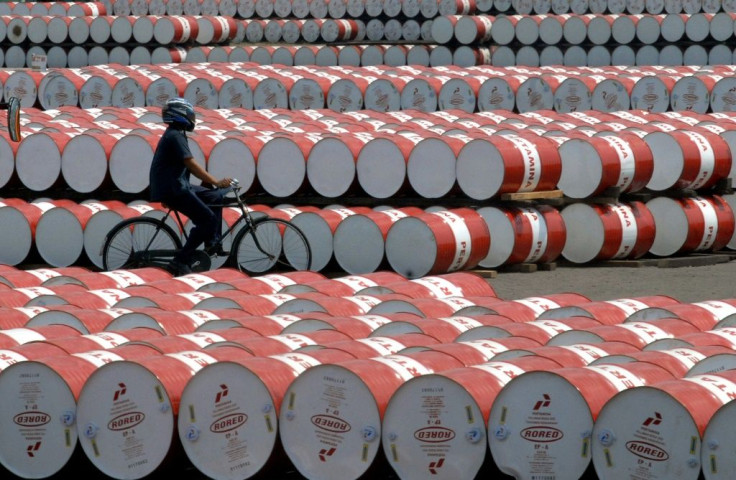2019 Fossil Fuel Subsidies Nearly $500 Bn: OECD/IEA
Climate crisis notwithstanding, governments subsidised fossil fuels in 2019 to the tune of nearly half-a-trillion dollars, two intergovernmental agencies have jointly reported.
Subsidies for fossil fuel consumption alone declined $120 billion, or 27 percent, compared to 2018 due mainly to lower oil and gas prices, according to International Energy Agency (IEA) figures.
Governments that heavily support the use of oil and gas include Iran, Saudi Arabia, China, Russia, Indonesia, Egypt, India and Venezuela.
At the same time, subsidies for fossil fuel production -- in the form of cash, tax breaks and other credits -- increased across 44 rich and emerging economies in 2019 by 38 percent to $55 billion, the Organisation for Economic Co-operation and Development (OECD) reported.
Combined subsidies for both consumption and production last year totalled $478 billion in 77 economies, an 18 percent drop compared to the year before, the IEA and OECD said in a joint statement, released at the end of last week.

"The fiscal burden of subsidies means that fewer resources can be potentially devoted to other public funding, be it for clean-energy research, innovation or to strengthen social safety nets," Nathalie Girouard, head of the OECD's environmental performance and information division, told AFP.
Burning oil, gas and coal -- which account for more than 80 percent of global primary energy use -- is the main source of the greenhouse gases that drive global warming.
Governments have long recognised the need to stop propping up fossil fuel production and use.
As early as 2009, G20 nations responsible for 80 percent of CO2 emissions pledged to gradually eliminate fossil fuel subsidies.
So far, however, they have failed to deliver on that promise.
"I am saddened to see some backsliding on efforts to phase out fossil fuel support," OECD Secretary-General Angel Gurria said in a statement.

"Subsidising fossil fuels is an inefficient use of public money and serves to worsen greenhouse emissions and air pollution."
Business leaders have also flagged the need to stop bankrolling the production and use of oil, gas and their derivatives.
In December, 631 institutional investors managing more than $37 trillion in assets endorsed the Paris climate treaty goal of capping global warming at two degrees Celsius and called on governments to "phase out fossil fuel subsidies by set deadlines".
With oil, gas and coal prices dropping through the floor due to COVID lockdowns in the first part of 2020, governments need to support the energy needs of their least advantaged citizens while channelling the money freed up into a greener economy, said IEA Executive Director Fatih Birol.
"Today's low fossil fuel prices offer countries a golden opportunity to phase out consumption subsidies," he said.
"It is essential to avoid market distortions that favour polluting and inefficient technologies."
Burning fossil fuels causes some 4.5 million premature deaths each year, according to the Centre for Research on Energy and Clean Air.
"Many subsidies are poorly targeted, disproportionally benefiting wealthier segments of the population that use much more of the subsidised fuel," IEA energy analysts Wataru Matsumura and Zakia Adam wrote in a blog last year.
"Such untargeted subsidy policies encourage wasteful consumption, pushing up emissions and straining government budgets."
© Copyright AFP 2024. All rights reserved.





















